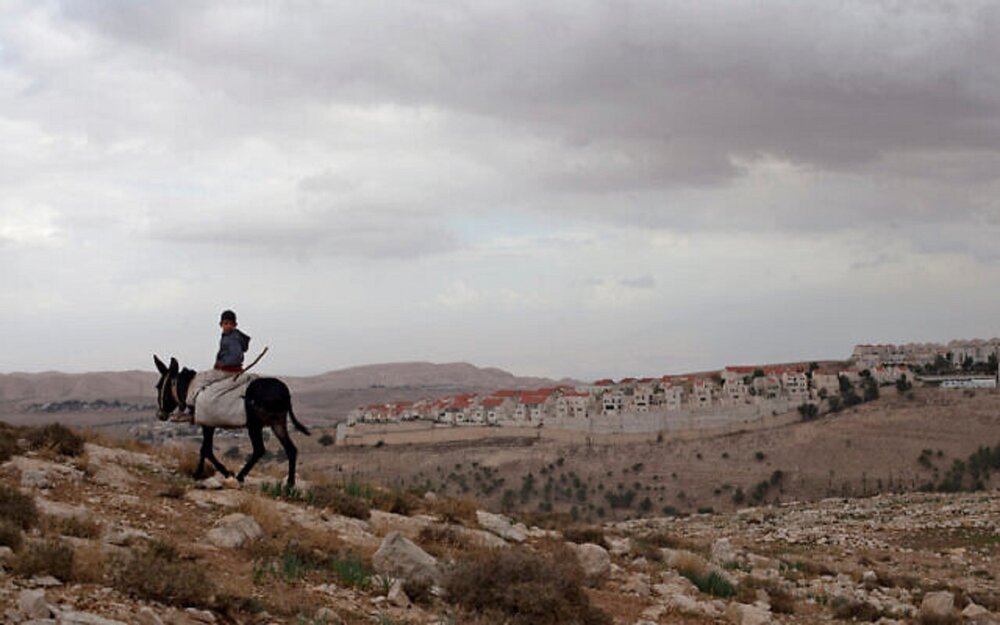Hawzah News Agency –Over two dozen Democratic members of Congress sent a letter Monday to US Secretary of State Antony Blinken urging him to pressure the Zionist entity against the construction of thousands of settler units in an area near to Al-Quds (Jerusalem).
The 26 lawmakers who signed the letter, led by Rep. Mark Pocan of Wisconsin, expressed their “immense concern” about the advancement of a plan to build some 3,400 units in the E1 area of the West Bank.
“Frozen for years, plans to build settlements in E1 have been referred to as ‘doomsday settlements’ because they would threaten the territorial contiguity necessary for a viable independent Palestinian state by dividing the north of the West Bank from the south, as well as the West Bank from East Jerusalem,” they wrote.
“Israeli settlements in the West Bank further entrench the occupation and undermine the prospects of a two-state solution,” the lawmakers warned.
“Settlements diminish the viability of a contiguous Palestinian state, thereby also threatening the future of a negotiated two-state solution that guarantees the civil and political rights, safety, and self-determination of both peoples.”
Noting that under the previous Trump administration settlement construction increased by 28 percent, the lawmakers said the settlements “pose an irreconcilable challenge to a lasting peace solution between Israel and the Palestinians.”
They urged the US State Department “to exert diplomatic pressure” to prevent the E1 settlement construction and demanded an update on those efforts by December 15.
An Israeli occupation military body has recently scheduled two meetings in the next few weeks to discuss the plans for 3,400 settler units in E1. The plan was initiated last year under the previous government of Benjamin Netanyahu and, at the time, drew widespread international criticism.


Your Comment